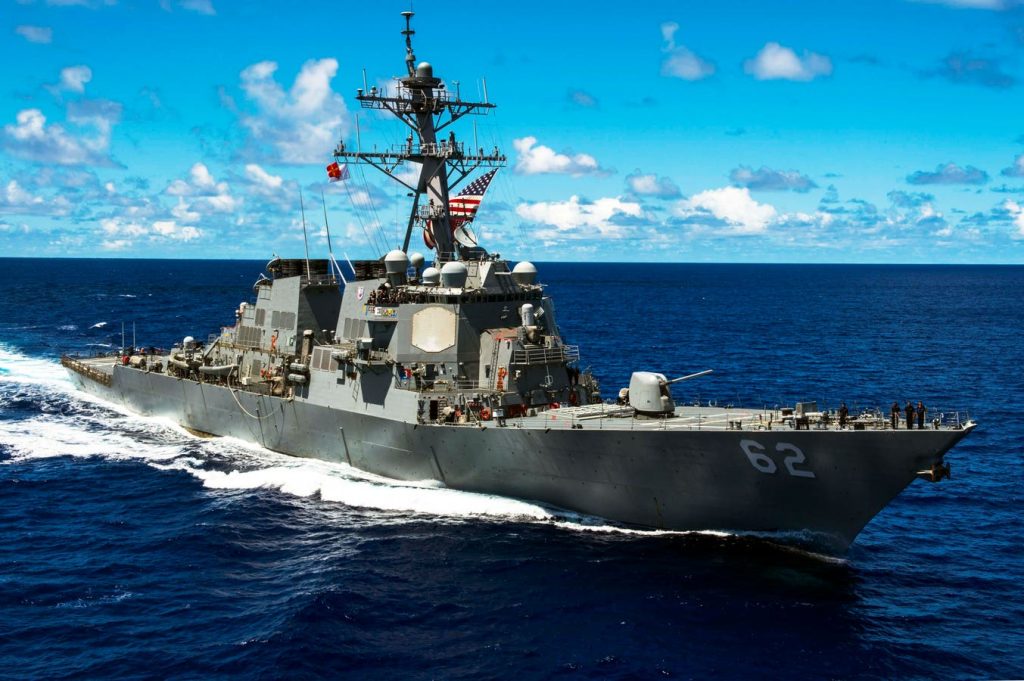Y Combinator, known for investing in software companies that have made a significant impact on society, has now entered the defense tech sector with its first investment in a weapons company called Ares. The startup aims to develop warship-sinking missiles that are smaller and cheaper than those produced by traditional defense contractors like Lockheed Martin and Raytheon. Despite past controversies surrounding Silicon Valley’s involvement in the defense industry, recent geopolitical tensions and the success of venture-backed weapons companies have led to Y Combinator’s foray into this space.
The shift towards supporting military initiatives has been driven by factors such as wars in Ukraine and the Middle East, growing tensions with China, and the emergence of startups like Anduril. This change is reflected in the increasing interest from founders in starting defense tech companies. While there is a significant gap between traditional defense contractors and startups like Ares, which received $500,000 from Y Combinator, the trend of making weapons more affordable and faster to produce is gaining momentum in Silicon Valley.
Companies like Castelion, which raised $14 million from investors like Andreessen Horowitz, have already made progress in developing hypersonic missiles for the U.S. Navy and Air Force. However, there have been setbacks as well, with startups like Mach Industries facing production mishaps and safety failures. Ares, founded by Alex Tseng and Devan Plantamura, aims to address the U.S. Navy’s requirement for an air-launched weapon that is cost-effective and can be produced at a high rate. The company has attracted new interest from investors and potential customers since its announcement, although it still needs federal licenses to proceed.
Tseng and Plantamura, who previously worked at a failed anti-tank missile startup, seized the opportunity to join Y Combinator’s defense tech program when it was announced. Within a span of 11 weeks, they successfully launched a prototype projectile using a combination of custom parts and off-the-shelf products. While they are mindful of safety concerns in the defense tech space, they are optimistic about the potential impact of Ares and hope to inspire more entrepreneurs to enter this market. Friedman, a partner at Y Combinator, envisions a new wave of defense tech companies emerging in the coming year, challenging the dominance of established players like Anduril.
The decision to invest in defense tech marks a strategic shift for Y Combinator, as it expands its portfolio beyond the traditional software sector. With the potential for significant advancements in missile technology and defense capabilities, startups like Ares represent a new frontier for innovation in Silicon Valley. As the company navigates the regulatory and safety challenges of the defense industry, it remains focused on developing cutting-edge solutions for military applications. Y Combinator’s entry into the defense space signals a broader trend towards supporting innovation in national security and defense technologies.













